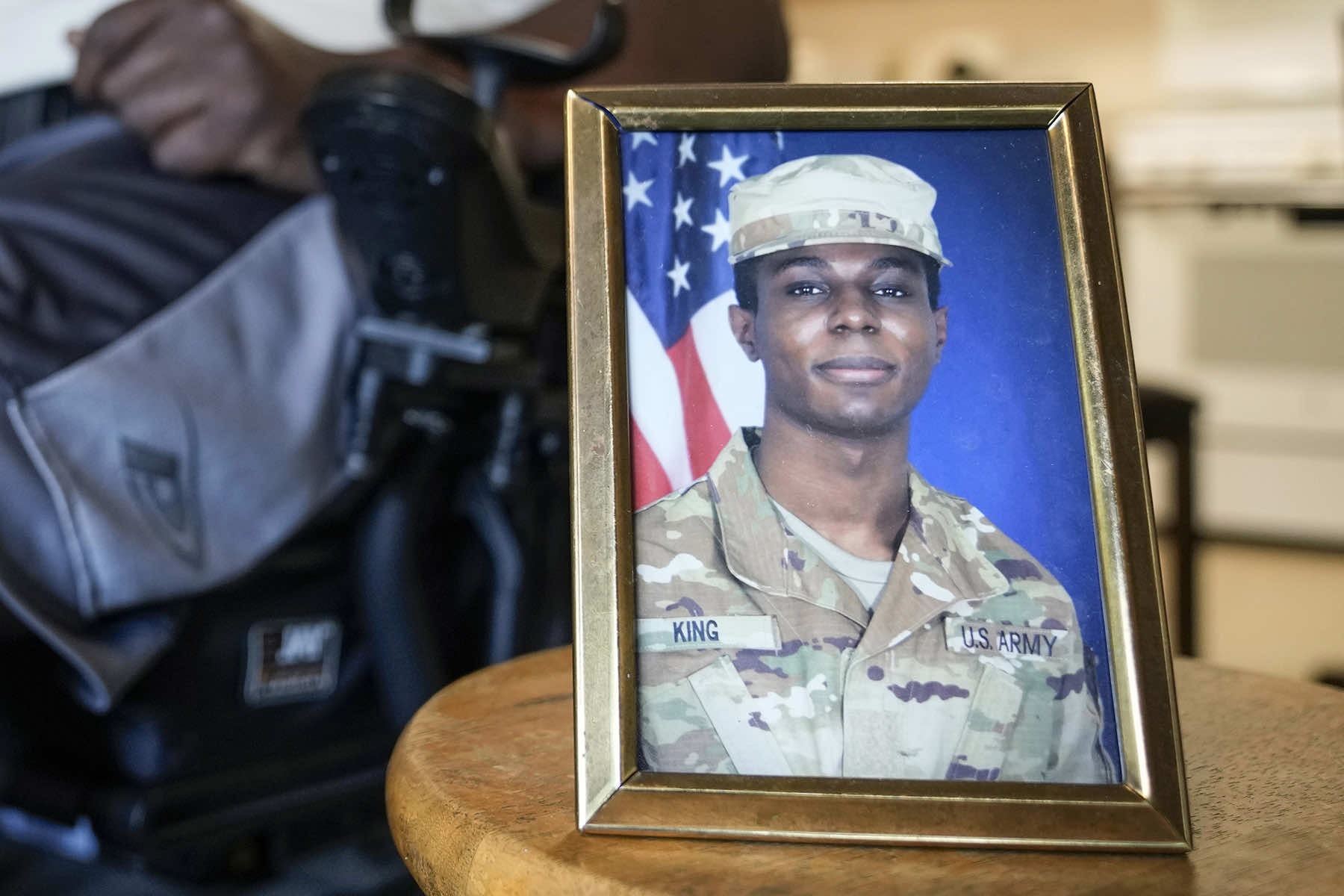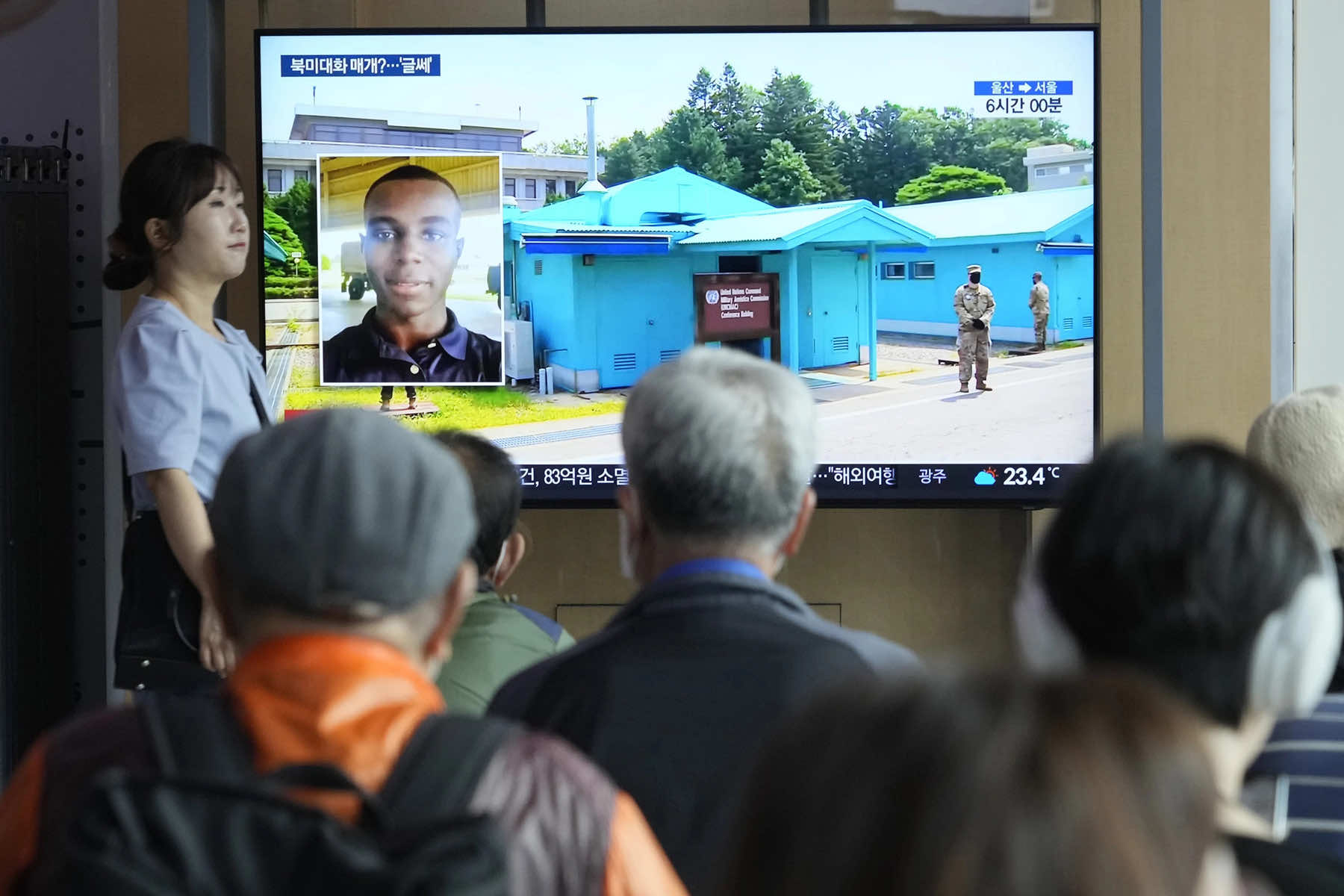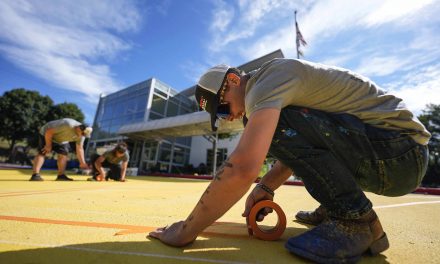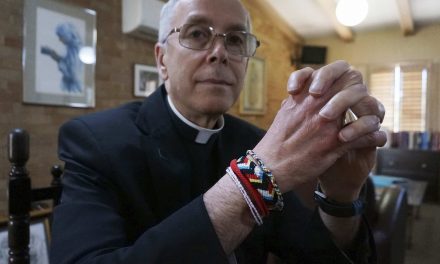
The American soldier who sprinted into North Korea across the heavily fortified border between the Koreas more than two months ago was whisked to a Texas Army base on September 28 for medical checks and interviews after his return to the United States.
North Korea abruptly announced a day earlier that it would expel Pvt. Travis King. His return was organized with the help of ally Sweden and rival China, according to the White House.
While officials have said King, 23, is in good health and the immediate focus will be on caring for him and reintegrating him into U.S. society, his troubles are likely far from over.
King, who had served in South Korea, ran into the North while on a civilian tour of a border village on July 18, becoming the first American confirmed to be detained in the isolated country in nearly five years. At the time, he was supposed to be heading to Fort Bliss, Texas, following his release from prison in South Korea on an assault conviction.
He was declared AWOL from the Army, but not considered a deserter. Punishment for going AWOL can vary, and it depends in part on whether the service member voluntarily returned or was apprehended. King’s two-month absence and ultimate handover by the North Koreans makes that more complicated.
King arrived in the early hours of September 28 at Lackland Air Force Base in San Antonio and was taken to Brooke Army Medical Center, according to the Pentagon. He will undergo an array of medical and psychological assessments and debriefings, and he will also get a chance to meet with family.
Video aired by a Texas news station showed King walking off a plane. Dressed in a dark top and pants, he could be seen speaking briefly with people waiting on the tarmac. He shook hands with one before being led into a building.
At the Pentagon, spokeswoman Sabrina Singh said King will be going through the reintegration process “for the immediate future.” She said the length of time often depends on the person involved.
“He’ll be going through medical screenings, medical evaluations, and then he’ll be meeting with professionals to assess his emotional and mental health well being and he’ll be meeting with counselors,” she said. “This is something that you can’t really put a timetable on.”
North Korea’s decision to release King after 71 days appeared relatively quick by the country’s standards, especially considering the tensions between Washington and Pyongyang over the North’s growing nuclear weapons and missile program, and the United States’ expanding military exercises with South Korea. Some had speculated that North Korea might treat King as a propaganda asset or bargaining chip.
The U.S. has also publicly accused North Korea of providing munitions to Russia for its war with Ukraine and says that Moscow is pushing Pyongyang to provide even more military aid. Russian President Vladimir Putin and North Korean leader Kim Jong Un met for talks in Russia’s Far East earlier this month.
Biden administration officials downplayed any idea that the release could augur a broader shift by Kim, but reiterated that the U.S. remains ready to engage the North with diplomatic talks.
North Korea’s state news agency said King, who is Black, had said he entered the country because he “harbored ill feelings against inhuman mistreatment and racial discrimination within the U.S. Army.”
The White House has not addressed North Korean state media reports that King fled because of his dismay about racial discrimination and inequality in the military and U.S. society.
U.S. officials have cast doubt on the authenticity of those statements, and King’s mother, Claudine Gates of Racine, Wisconsin, said she never heard him express such views.
The North’s official Korean Central News Agency reported that King made such complaints but verifying that is impossible.
On September 27, Swedish officials took King to the Chinese border, where he was met by U.S. Ambassador to China Nicholas Burns, the Swedish ambassador to China, and at least one U.S. Defense Department official.
He was then flown to a U.S. military base in South Korea before heading to America. His detention was relatively short by North Korean standards.
Several recent American detainees had been held for over a year — 17 months in the case of Otto Warmbier, a college student who was arrested during a group tour. Warmbier was in a coma when he was deported, and later died.
North Korea has often been accused of using American detainees as bargaining chips, and there had also been speculation that the North would try to maximize the propaganda value of a U.S. soldier.
But analysts say King’s legal troubles could have limited his propaganda value, and Biden administration officials insisted they provided no concessions to North Korea to secure his release.















